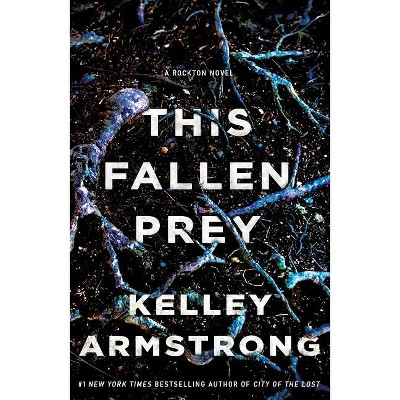Sponsored

Novels in the Time of Democratic Writing - (Haney Foundation) by Nancy Armstrong & Leonard Tennenhouse (Hardcover)
In Stock
Sponsored
About this item
Highlights
- During the thirty years following ratification of the U.S. Constitution, the first American novelists carried on an argument with their British counterparts that pitted direct democracy against representative liberalism.
- About the Author: Nancy Armstrong is the Gilbert, Louis, and Edward Lehrman Professor of English at Duke University.
- 264 Pages
- Literary Criticism, American
- Series Name: Haney Foundation
Description
About the Book
In the decades after U.S. independence, American novelists carried on an argument that pitted direct democracy against the representative liberalism they attributed to their British counterparts. The result was an American novel distinguished by its use of narrative tropes that generated a social system resembling today's distributed network.Book Synopsis
During the thirty years following ratification of the U.S. Constitution, the first American novelists carried on an argument with their British counterparts that pitted direct democracy against representative liberalism. Such writers as Hannah Foster, Isaac Mitchell, Royall Tyler, Leonore Sansay, and Charles Brockden Brown developed a set of formal tropes that countered, move for move, those gestures and conventions by which Samuel Richardson, Jane Austen, and others created their closed worlds of self, private property, and respectable society. The result was a distinctively American novel that generated a system of social relations resembling today's distributed network. Such a network operated counter to the formal protocols that later distinguished the great tradition of the American novel.
In Novels in the Time of Democratic Writing, Nancy Armstrong and Leonard Tennenhouse show how these first U.S. novels developed multiple paths to connect an extremely diverse field of characters, redefining private property as fundamentally antisocial and setting their protagonists to the task of dispersing that property--its goods and people--throughout the field of characters. The populations so reorganized proved suddenly capable of thinking and acting as one. Despite the diverse local character of their subject matter and community of readers, the first U.S. novels delivered this argument in a vernacular style open and available to all. Although it differed markedly from the style we attribute to literary authors, Armstrong and Tennenhouse argue, such democratic writing lives on in the novels of Cooper, Hawthorne, Melville, and James.
Review Quotes
"An important, timely, and much-needed book. Few accounts of the early American novel have the tenacity, willingness, and breadth of learning to accomplish what Nancy Armstrong and Leonard Tennenhouse do here: to reframe the novel form in relation to what has been thought of as its American variant. When this book has done its work, there will be no British novel or American novel; there will be the 'network novel.'"-- "Lloyd Pratt, University of Oxford"
"Nancy Armstrong and Leonard Tennenhouse have long been our preeminent theorists of the novel. In this latest, virtuoso installment, they take on the novels of the early republic, seeing this corpus as nothing less than a template for a new polity, an updated version of the global and the local, replacing the hierarchical social contract of their English counterparts with a managed horizontality, a controlled redistribution of property and sensibility. Electrifying and eye-opening."-- "Wai Chee Dimock, Yale University"
About the Author
Nancy Armstrong is the Gilbert, Louis, and Edward Lehrman Professor of English at Duke University. She is author of How Novels Think: The Limits of Individualism from 1719-1900 and Fiction in the Age of Photography: The Legacy of British Realism. Leonard Tennenhouse is Professor of English at Duke University. He is author of several books, most recently, The Importance of Feeling English: American Literature and the British Diaspora, 1750-1850. Together, Armstrong and Tennenhouse are authors of The Imaginary Puritan: Literature, Intellectual Labor, and the Origins of Personal Life.Shipping details
Return details
Trending Poetry











